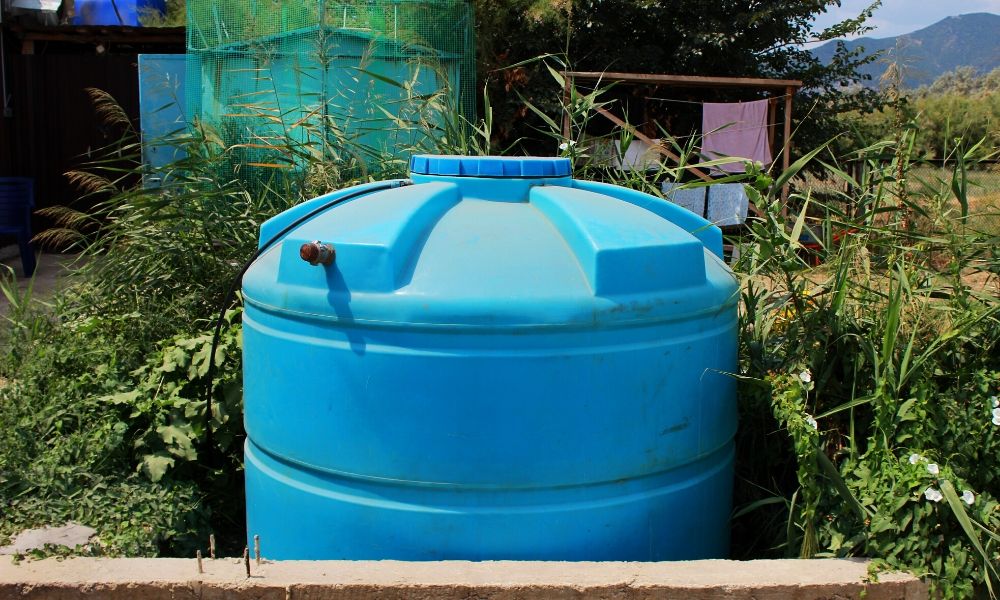Moringa oleifera is a plant that is becoming more and more well known as a supplement in the Western world. Called in many circles ‘The Tree of Life’, it has been used in Ayurveda and other traditions to promote wellbeing, particularly in the circulatory system. Moringa oleifera, which is also commonly known as just moringa, contains a whole lot of nutrients and antioxidants, so it is no surprise that it has been used for health applications, like many other plant extracts. However, one thing moringa has helped with which most modern uses of plants have not achieved, is treating malnutrition in third world countries.
Photo by Terrie Schweitzer
Here we look at how and why the moringa oleifera plant has managed to assist in treating some of the world’s most hungry people.
A Key to Survival in the Tropics
Some of the areas of the world where hunger and malnutrition are the biggest threats to life are in the tropical, equatorial regions. Here, food can be scarce at the end of the dry season, and also there are countries where people are in general too poor to buy imported foods, or indeed even have access to them in their communities. The ‘drumstick tree’, as moringa oleifera is also known, grows well in these regions, and has an incredibly high nutrient content. This makes it an easily found and effective way to combat malnutrition.
How Moringa Oleifera is Administered to Help Against Imminent Starvation
Several health charities that operate in countries where starvation is a very real threat use the moringa oleifera plant as a means of delivering much needed nourishment to people who are at risk of starvation or acute malnutrition. Most commonly, the plant is given to people in a powdered form, derived from the leaves of the tree. It has proven very effective when given as nourishment for infants, and also to nursing women, and many scientists and nutritionists are strong advocates of the use of moringa as an emergency form of nutritional sustenance.
Is It A Miracle Plant?
With a title like The Tree of Life and the fact that it has probably saved many lives, it is easy to see why the moringa oleifera plant with its dense nutrients and abundant antioxidants may be considered something of a miracle plant. Of course, no such thing exists, but the benefits of this particular botanical cannot be disputed. Even for those on a far more varied Western diet, the moringa can fill gaps in nutrition and lead to a more rounded sense of wellbeing, as well as providing more powerful antioxidants than regularly consumed sources such as tea and fruits.
The moringa plant has provided us with a lot of benefits as a race, and is set to become one of the ‘go to’ approaches for dealing with people who are facing starvation in tropical areas. It can also be a good supplement for people to add to their diets even where hunger is not an issue, due to its intense levels of nutrients.





